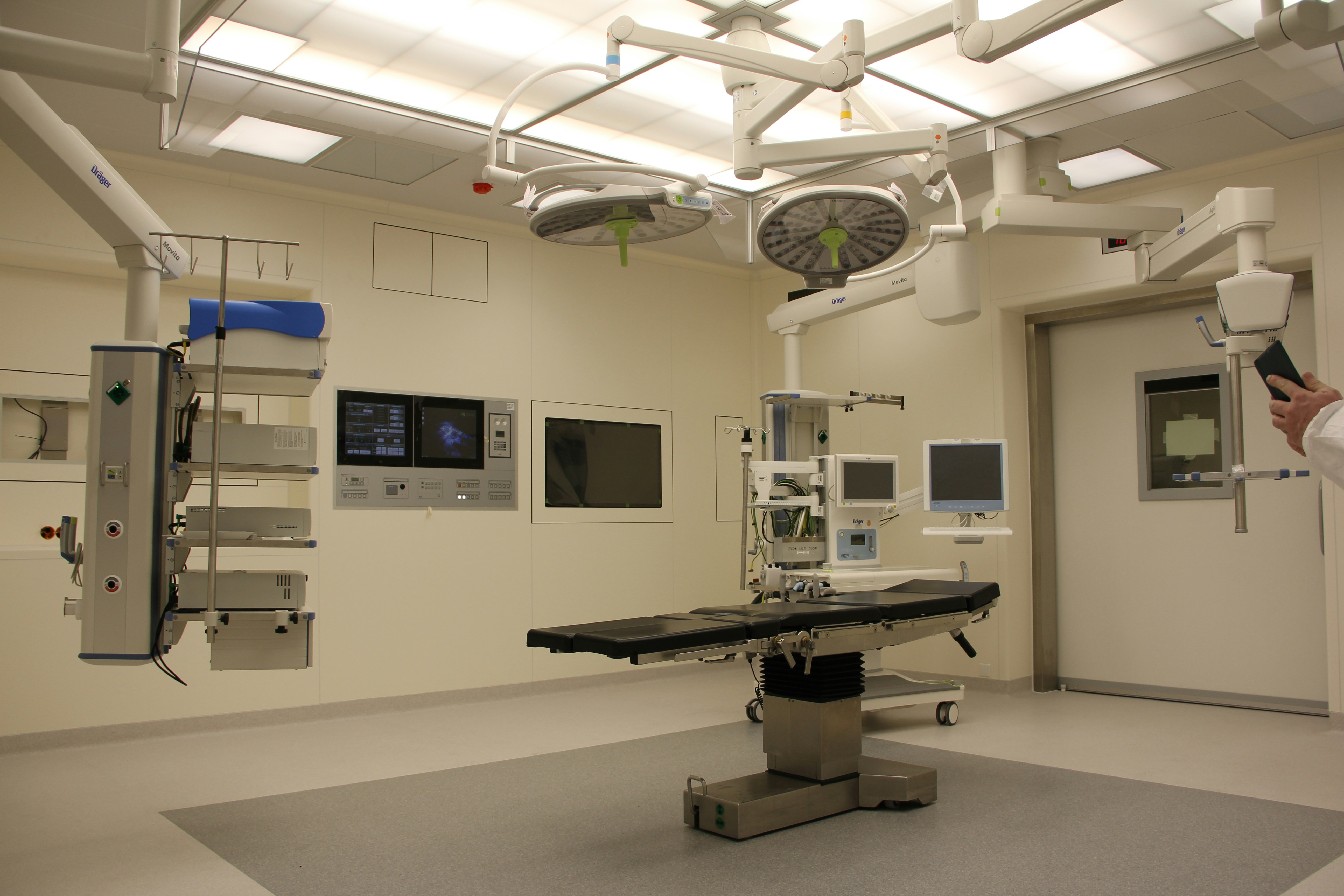精神科における診察に関する英語フレーズと会話例
精神科では、主に心の健康に関わる問題(不安、うつ病、ストレス、パニック障害、統合失調症など)を診察します。患者が感じる症状は非常に多岐にわたるため、診察では詳細な症状や背景についてのコミュニケーションが非常に重要です。
本記事では、精神科でよく使われる英語フレーズや会話例を紹介し、外国人患者にもスムーズに対応できるようサポートします。
目次
- 精神科の診察でよく使われる症状の表現
- 精神科における診察の流れと会話例
- 精神科での評価と心理テストに関する説明と会話例
- 診断後の治療に関するフレーズと会話例
- 症状をたずねる際の表現
- 診断に関するフレーズと会話例
- 処方や治療に関するフレーズと会話例
- まとめ
1. 精神科の診察でよく使われる症状の表現
精神科では、以下のような症状に関するフレーズが頻繁に使われます。これらを理解し、患者に適切に質問できることが重要です。
主要な症状:
- Anxiety: 不安
- Depression: うつ
- Insomnia: 不眠
- Panic attacks: パニック発作
- Mood swings: 気分の変動
- Irritability: イライラ感
- Lack of motivation: やる気が出ない
- Suicidal thoughts: 自殺願望
- Hallucinations: 幻覚
- Paranoia: 妄想
- Concentration difficulties: 集中力の低下
日本語の会話例:
- 医師: 「どのような症状がありますか?」
- 患者: 「最近、不安感が強く、夜も眠れません。」
英訳:
- Doctor: “What symptoms are you experiencing?”
- Patient: “Recently, I’ve been feeling very anxious, and I can’t sleep at night.”
2. 精神科における診察の流れと会話例
精神科の診察では、患者の精神的な症状や生活の背景について詳しく確認することが重要です。以下は、診察時に使われる表現です。
主要なフレーズ:
- History of mental health: 精神的な健康歴
- Stressful situations: ストレスを感じる状況
- Coping mechanisms: 対処法
- Triggers: 症状の引き金となるもの
- Sleep patterns: 睡眠パターン
日本語の会話例:
- 医師: 「過去に精神的な健康問題はありましたか?」
- 患者: 「はい、3年前にうつ病と診断されました。」
英訳:
- Doctor: “Have you had any mental health issues in the past?”
- Patient: “Yes, I was diagnosed with depression three years ago.”
日本語の会話例:
- 医師: 「最近、ストレスを感じる状況はありますか?」
- 患者: 「仕事で大きなプレッシャーを感じています。」
英訳:
- Doctor: “Have you been in any stressful situations recently?”
- Patient: “I’ve been feeling a lot of pressure at work.”
3. 精神科での評価と心理テストに関する説明と会話例
精神科では、患者の精神状態を評価するために、心理テストや自己評価テストが行われることがあります。以下は、それに関連するフレーズです。
主要な検査・評価:
- Psychiatric evaluation: 精神科評価
- Cognitive test: 認知テスト
- Personality test: 性格テスト
- Depression scale: うつ病評価尺度
- Anxiety assessment: 不安評価
日本語の会話例:
- 医師: 「精神的な状態を確認するために、精神科評価を行います。質問に率直にお答えください。」
- 患者: 「わかりました。」
英訳:
- Doctor: “We’ll conduct a psychiatric evaluation to assess your mental state. Please answer the questions honestly.”
- Patient: “Understood.”
日本語の会話例:
- 医師: 「不安評価のためにいくつか質問をします。最近の不安感はどの程度ですか?」
- 患者: 「とても強いです。」
英訳:
- Doctor: “I’ll ask you some questions for an anxiety assessment. How severe has your anxiety been recently?”
- Patient: “It’s been very severe.”
4. 診断後の治療に関するフレーズと会話例
診断が確定した後は、治療方針や今後の治療計画について患者に説明します。
主要なフレーズ:
- Diagnosis: 診断
- Therapy: セラピー
- Medication: 薬物治療
- Cognitive behavioral therapy (CBT): 認知行動療法
- Follow-up: 経過観察
日本語の会話例:
- 医師: 「検査結果に基づき、診断は不安障害です。まずは認知行動療法と薬物治療を組み合わせて治療を進めます。」
- 患者: 「治療にはどれくらいかかりますか?」
英訳:
- Doctor: “Based on the test results, the diagnosis is an anxiety disorder. We’ll start with a combination of cognitive behavioral therapy and medication.”
- Patient: “How long will the treatment take?”
日本語の会話例:
- 医師: 「治療には数ヶ月かかるかもしれませんが、定期的な経過観察を行います。」
- 患者: 「わかりました。」
英訳:
- Doctor: “The treatment may take a few months, but we’ll do regular follow-ups.”
- Patient: “Understood.”
5. 症状をたずねる際の表現
精神科では、患者が感じている精神的な症状を詳細に確認することが必要です。以下は、症状を具体的にたずねる際の表現です。
主要なフレーズ:
- How often: どれくらいの頻度で
- When did it start: いつから
- How severe: どれくらいの強さ
- Does anything make it better/worse: 何か楽になったり、悪化させたりするものがありますか?
日本語の会話例:
- 医師: 「不安感はどれくらいの頻度で感じますか?いつから始まりましたか?」
- 患者: 「毎日です。2ヶ月前から始まりました。」
英訳:
- Doctor: “How often do you feel anxious? And when did it start?”
- Patient: “I feel anxious every day. It started two months ago.”
日本語の会話例:
- 医師: 「そのうつ状態はどれくらい強いですか?何かがその症状を悪化させますか?」
- 患者: 「とても強いです。ストレスの多い時に悪化します。」
英訳:
- Doctor: “How severe is your depression? Does anything make it worse?”
- Patient: “It’s very severe. It gets worse when I’m under a lot of stress.”
6. 診断に関するフレーズと会話例
精神科での診断結果を説明し、患者がその内容を理解できるようにするための表現です。
主要なフレーズ:
- Diagnosis: 診断
- Condition: 状態
- Cause: 原因
- Test results: 検査結果
- Prognosis: 予後
日本語の会話例:
- 医師: 「検査の結果、診断はうつ病です。原因は仕事のストレスかもしれません。」
- 患者: 「治療で治りますか?」
英訳:
- Doctor: “The diagnosis based on the test results is depression. The cause might be stress from work.”
- Patient: “Can it be treated?”
日本語の会話例:
- 医師: 「治療によって症状が改善する可能性は高いですが、長期的な治療が必要です。予後は慎重に見守ります。」
- 患者: 「ありがとうございます。」
英訳:
- Doctor: “There is a good chance that treatment will improve your symptoms, but long-term treatment may be needed. We’ll monitor your prognosis carefully.”
- Patient: “Thank you.”
7. 処方や治療に関するフレーズと会話例
診断が確定した後、処方や治療に関する説明を行います。薬の服用方法や治療計画について明確に伝えます。
主要なフレーズ:
- Prescription: 処方箋
- Dosage: 用量
- Side effects: 副作用
- Take before/after meals: 食前/食後に服用
- Counseling: カウンセリング
日本語の会話例:
- 医師: 「こちらが処方箋です。1日1回、食後に服用してください。カウンセリングも併用します。」
- 患者: 「副作用はありますか?」
英訳:
- Doctor: “Here is your prescription. Please take it once a day after meals. We’ll also include counseling.”
- Patient: “Are there any side effects?”
日本語の会話例:
- 医師: 「主な副作用は眠気ですが、何か異常があればすぐに連絡してください。」
- 患者: 「わかりました。」
英訳:
- Doctor: “The main side effect is drowsiness, but if you notice anything unusual, please contact us immediately.”
- Patient: “Understood.”
8. まとめ
この記事では、精神科の診察における症状の確認、診断、処方に関する英語フレーズや会話例を紹介しました。精神的な問題は患者の生活全体に影響を与えるため、丁寧なコミュニケーションとサポートが非常に重要です。患者が安心して診察を受けられるよう、丁寧に説明し、最適な治療を提案しましょう。
関連キーワード: 精神科, 医療英語, 診察, 精神科評価, 症状説明, 英語会話例, 外国人対応, 医療通訳




